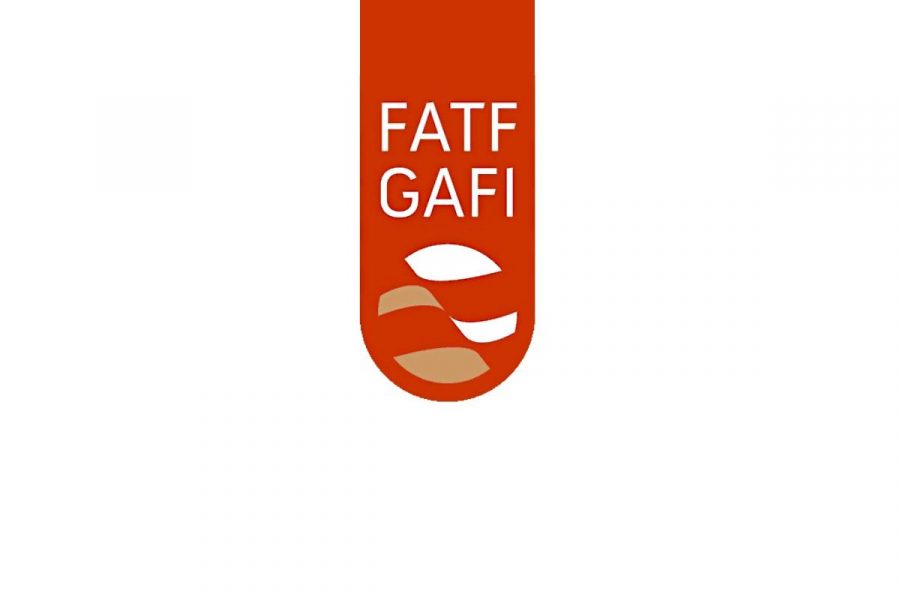
The Executive Vice President of the Association of Industries of the Dominican Republic, Circe Almánzar, highlighted the benefits that regulatory progress would mean for the country.
Dominican Republic.- At the opening day of the Gaming & Technology Showcase (GAT 2024), in Santo Domingo, businesswoman Circe Almánzar advocated for a prompt and effective regulation of online gaming in the country.
Almánzar, known for her role as Executive Vice President of the Association of Industries of the Dominican Republic (AIRD), discussed the challenges and opportunities faced by the online gaming industry in the country, emphasizing the lack of a regulatory framework, which has left players vulnerable to fraud and security breaches.
Her presentation followed Claudia Álvarez, Director of Casinos and Gambling of the Ministry of Finance, who spoke about regulatory advances and the supervision of this sector in the Dominican Republic.
During her speech, Circe Almánzar pointed out that the regulation of online gambling could become a significant source of tax revenue for the Dominican Republic.
"In light of the current tax reform, regulating these games offers an opportunity to generate new sources of revenue, benefiting both the state and the companies in the sector," explained the businesswoman.
Almánzar also emphasized the need to protect local consumers, mentioning that unregulated platforms operate without proper supervision and expose players to financial risks and unfair practices. "With an effective regulatory framework, we can ensure that these platforms comply with global security standards and, at the same time, reduce the risks associated with money laundering and the entry of illicit resources," she stated in this regard.
One of the key points the businesswoman also addressed was the protection of personal and financial data of users of online gaming platforms. Almánzar explained that, in the absence of regulation, players are exposed to risks such as identity theft and financial fraud. A clear regulatory framework, she added, would ensure the privacy of users and protect their rights against possible scams.
See also: Dominican Republic: ASONABIL denounces obstacles that prevent the regularization of lottery banks
From an economic standpoint, regulation would also contribute to providing a safe investment climate for operators, as explained in her presentation. By regulating the sector, the state could capture funds that would otherwise flow to unregulated platforms, thus losing a significant opportunity for tax revenue.
Almánzar highlighted that the impressive growth of online gaming also brings significant challenges. In many countries, the lack of a regulatory framework has left players exposed to fraud and addiction, as well as more vulnerable to the illicit use of platforms, such as money laundering.
The Philippines has addressed 18 deficiencies in AML/CFT controls.
The Philippines.- The Financial Action Task Force (FATF) has announced that the Philippines has addressed all 18 deficiencies identified in its anti-money laundering and counter-terrorism financing (AML/CFT) controls and could potentially leave its grey list of countries in 2025. In a statement on Friday (October 25), the FATF said the Philippines had addressed the eight remaining items in its action plan.
In a separate announcement, the Anti-Money Laundering Council (AMLC) said the FATF’s Asia/Pacific Joint Group (APJG) will visit the Philippines early next year. “This is the final step toward the removal of the country from the grey list,” it said. The country was put on the FATF grey list in June 2021.
Philippines executive secretary Lucas Bersamin said: “This milestone is a testament to the hard work and coordination across government agencies. It reflects our strong commitment to meeting the FATF’s stringent standards and ensuring the long-term protection of our financial system. We are confident that this progress will be affirmed during the on-site visit,” noted Bersamin, who also serves as chairperson of the National Anti-Money Laundering and Combating of Terrorism Financing/Counter-Proliferation Financing Coordinating Committee.
The points remaining were: (1) demonstrating that risk-based supervision of DNFBPs is occurring; (2) demonstrating that supervisors are using AML/CFT controls to mitigate risks associated with casino junkets; (3) implementing the new registration requirements for MVTS and applying sanctions to unregistered and illegal remittance operators; (4) enhancing and streamlining LEA access to BO information and taking steps to ensure that BO information is accurate and up-to-date; (5) demonstrating an increase in the use of financial intelligence and an increase in ML investigations and prosecutions in line with risk; (6) demonstrating an increase in the identification, investigation and prosecution of TF cases; (7) demonstrating that appropriate measures are taken with respect to the NPO sector (including unregistered NPOs) without disrupting legitimate NPO activity; and (8) enhancing the effectiveness of the targeted financial sanctions framework for both TF and PF.
Last week, the Philippines’ House Quad Committee (Quadcom) announced plans to request the presence of several banks, the Anti-Money Laundering Council (AMLC), and the Philippine Anti-Organized Crime Commission (PAOCC) at an upcoming hearing. The purpose is to investigate the movement of funds associated with people or companies under scrutiny for links to offshore gaming operators.
According to PhilStar, Manila chairman Manila 6th District Representative Bienvenido “Benny” Abante mentioned the move at a meeting with members of the Monday Circle at the Westin Hotel. Abante said he was informed that banks were aware of the intention to require their participation. They are reportedly seeking support from the Bankers Association of the Philippines (BAP) to oppose the summons under the protection of bank secrecy laws.
Abante said the AMLC and banks should clarify their role in dealing with suspicious movements by people under investigation. He noted instances where those being investigated were able to quickly move funds after Congress conducted an inquiry. Analysts have also suggested that unusual activity in the stock market could signal that it’s being used to channel departing offshore gaming operators’ funds ahead of the shut down of operators.










